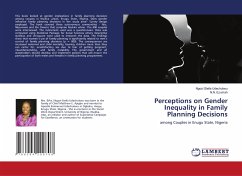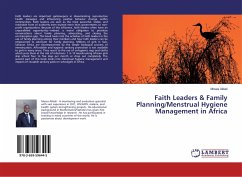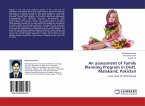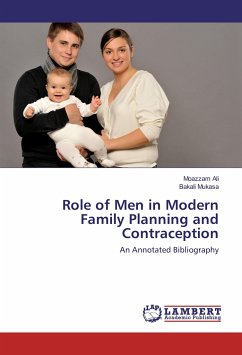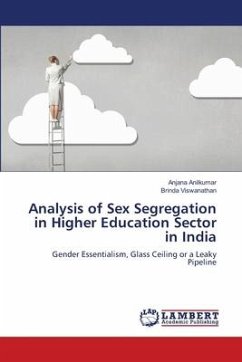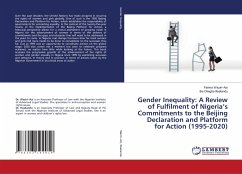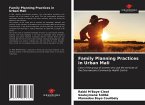This book looked at gender implications in family planning decisions among couples in Nsukka urban, Enugu State, Nigeria. Does gender influence family planning decisions in the study area? Survey design employed. The book covered three autonomous communities - Nru, Nkpunano and Ihe Owerre that comprise Nsukka urban. The 600 couples were interviewed. The instrument used was a questionnaire. Data was computed using Statistical Package for Social Sciences where descriptive statistics and chi-square were used to interpret the data. The findings show that women's use of family planning is significantly related to men's control of family planning decisions (p = 000). The consequences are increased maternal and child mortality, bearing children more than they can carter for, unsatisfactory sex due to fear of getting pregnant, misunderstanding, and family instability. The government and all stakeholders should develop and implement policies that will ensure the participation of both males and females in family planning programmes.
Bitte wählen Sie Ihr Anliegen aus.
Rechnungen
Retourenschein anfordern
Bestellstatus
Storno

